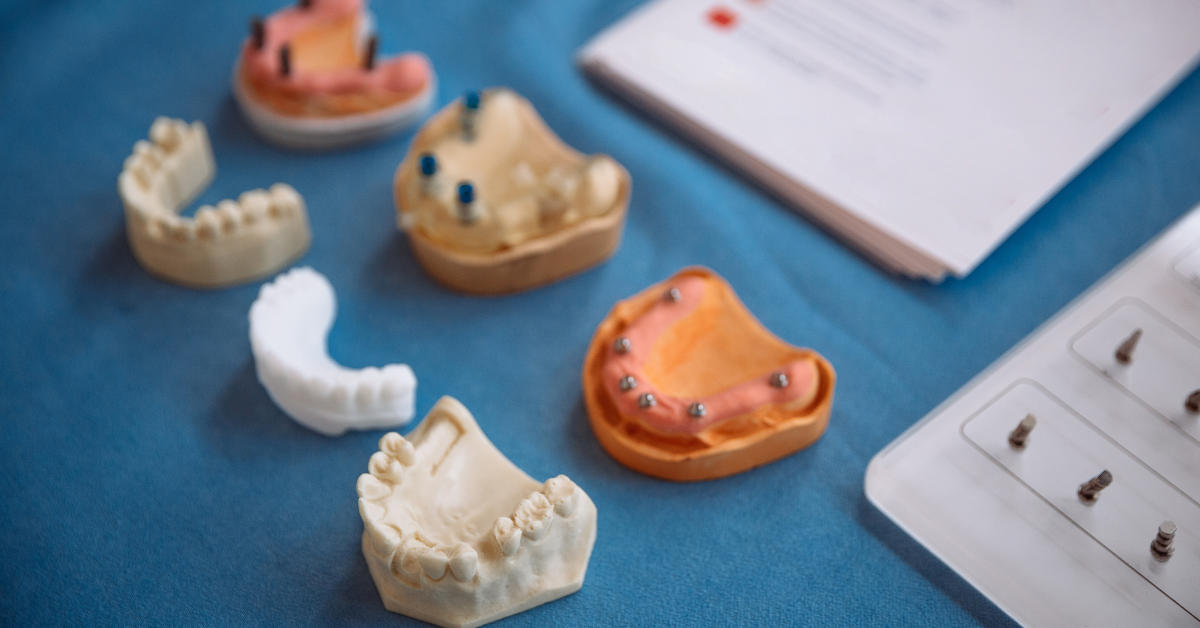Integrating Holistic Care into Nursing Practice: Benefits and Implementation Strategies
Holistic care, an approach that addresses the physical, emotional, social, and spiritual needs of patients, is increasingly recognized as essential in nursing practice. This patient-centered care model goes beyond treating symptoms to consider the whole person, fostering a deeper connection between nurses and patients. Integrating holistic care into nursing practice not only enhances patient outcomes but also improves the overall quality of healthcare. This article explores the benefits of holistic care and provides strategies for effectively implementing it within nursing practice.
The Benefits of Holistic Care
Holistic care offers numerous benefits for both patients and healthcare providers. For patients, holistic care ensures that their diverse needs are met, leading to improved health outcomes and greater satisfaction with their care experience. By addressing emotional and psychological aspects alongside physical health, holistic care can reduce stress, promote healing, and enhance the overall well-being of patients.
For nurses, practicing holistic care can lead to more fulfilling and meaningful work. Nurses who adopt a holistic approach are often better able to connect with their patients, understanding their unique circumstances and needs. This deeper understanding can foster stronger nurse-patient relationships, leading to higher levels of trust and cooperation. Additionally, holistic care can reduce burnout among nurses by encouraging a more compassionate and empathetic approach to patient care, which can be personally rewarding and professionally satisfying.
Furthermore, holistic care aligns with the broader goals of the healthcare system, which increasingly emphasizes patient-centered care and preventive health. By integrating holistic practices, healthcare organizations can improve patient outcomes, reduce healthcare costs, and enhance the overall quality of care provided.
Implementation Strategies for Holistic Care
Integrating holistic care into nursing practice requires a combination of education, cultural change, and practical strategies. Here are some key steps for effectively implementing holistic care:
- Education and Training: One of the first steps in implementing holistic care is to ensure that nurses are adequately trained in holistic practices. This training can be integrated into nursing curricula, continuing education programs, or specialized workshops. For example, nurses pursuing an online degree Texas might choose programs that include courses on holistic care, ensuring they are well-prepared to incorporate this approach into their practice. Additionally, ongoing professional development opportunities can help nurses stay informed about the latest holistic care techniques and approaches.
- Patient-Centered Assessment: To practice holistic care, nurses must conduct comprehensive assessments that consider the physical, emotional, social, and spiritual needs of patients. This involves asking open-ended questions, actively listening to patients, and observing non-verbal cues. By understanding the full scope of a patient’s needs, nurses can develop more personalized and effective care plans.
- Collaboration and Communication: Holistic care often requires a multidisciplinary approach, involving collaboration between nurses, physicians, social workers, and other healthcare professionals. Effective communication and teamwork are essential for ensuring that all aspects of a patient’s care are addressed. Nurses should advocate for their patients within the healthcare team and ensure that holistic considerations are included in care planning and decision-making.
- Incorporating Complementary Therapies: Integrating complementary therapies, such as massage, acupuncture, or meditation, into patient care can enhance the effectiveness of holistic care. Nurses should be knowledgeable about these therapies and be prepared to recommend or facilitate access to them as appropriate. Additionally, nurses can incorporate mindfulness and relaxation techniques into their own practice, helping patients manage stress and improve their overall well-being.
- Cultural Competence: Holistic care must be culturally sensitive, taking into account the diverse backgrounds, beliefs, and practices of patients. Nurses should strive to understand and respect each patient’s cultural perspective, and incorporate this understanding into their care practices. This can involve learning about cultural practices related to health and wellness, as well as being open to alternative healing methods that may be important to the patient.
Also Read: What Are the Best Practices for Improving Employee Health?
Conclusion
Integrating holistic care into nursing practice is essential for providing high-quality, patient-centered care that addresses the full range of patient needs. By embracing holistic care, nurses can improve patient outcomes, enhance their professional satisfaction, and contribute to a more compassionate and effective healthcare system. Through education, comprehensive assessment, collaboration, and cultural competence, nurses can successfully implement holistic care strategies and make a positive impact on the lives of their patients.







